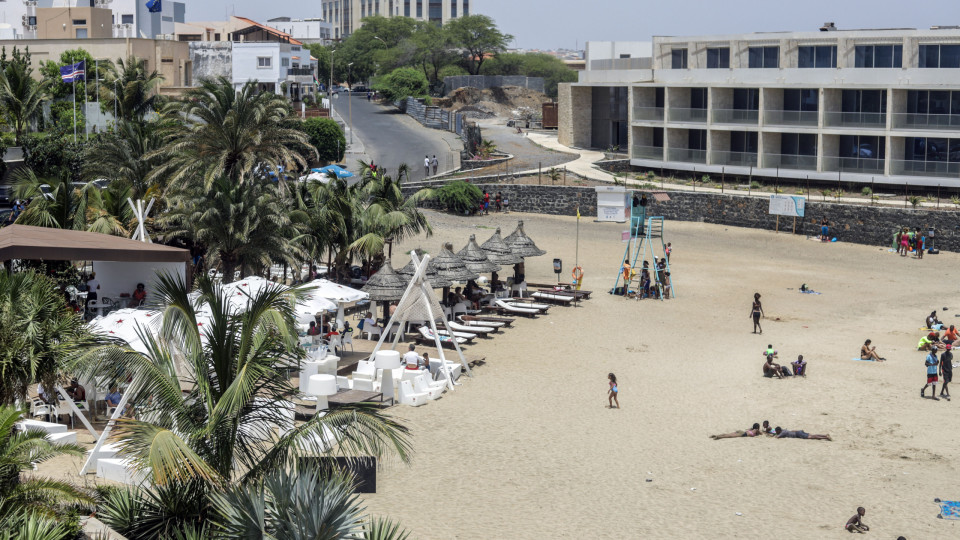IMF says Cape Verde registers strong growth thanks to tourism
The economist from the International Monetary Fund (IMF) who coordinated the report on sub-Saharan Africa told Lusa today that Cape Verde recorded a "strong growth of 5.1%" in 2023, reflecting a strong performance in the tourism sector.

© Lusa

Mundo Cabo Verde
"In 2023, there was strong GDP growth of 5.1%, reflecting the strong performance of tourism, with average inflation of 3.1%, below the 7.9% recorded in 2022 and the budget situation improved significantly last year, with a budget surplus of the primary balance of 2% of GDP, the highest in the last 20 years", said Thibault Lemaire.
Speaking to Lusa at the end of the Annual Meetings of the IMF and the World Bank, which took place until Saturday in Washington, the IMF economist pointed out that the economy is expected to grow by 4.7% this year and next year and stressed that "budget performance was driven by increased revenue from fiscal measures and the underexecution of public investment".
Regarding the debt-to-GDP ratio, one of the indicators most used by international investors to assess a country's ability to honour its financial commitments, the IMF says that the situation is improving.
"The downward trend in the debt-to-GDP ratio continued, decreasing from 148%, in 2021, to 115% of GDP in 2023", a value much higher than the average of about 60% of sub-Saharan Africa, but which is offset by the fact that the archipelago has most of its debt in concessional terms, immune to the increase in interest rates and benefiting from parity with the euro.
The outlook, the economist continued, is favourable but there are downside risks, starting with the susceptibility to geopolitical and climate shocks.
"As a small island developing State, Cabo Verde remains highly dependent, and therefore vulnerable, to disruptions in various sectors, mainly tourism, essential production factors, for example transport concessionaires, suppliers and tourist source markets, such as northern Europe", said Thibault Lemaire, adding that "new increases in food and fuel prices could affect vulnerable families".
For the IMF, he concluded, "continued reforms in the fiscal sector, public companies and the business environment are important for growth and budget consolidation".
In sub-Saharan Africa, growth is expected to increase from an estimated 3.4% in 2023 to 3.8% in 2024 and 4% in 2025, "with the negative effects of climate shocks remaining and problems in supply chains gradually improving", says the Fund.
Globally, the IMF has improved the global growth forecast by one tenth to 3.2% this year, a rate it also expects for next year.
The institution led by Kristalina Georgieva predicts that global growth, estimated at 3.2% in 2023, will continue at the same pace in 2024 and 2025.
The forecast for 2024 was revised upwards by 0.1 percentage point (pp.) compared to the January report and by 0.3 (pp.) compared to October last year.
Read Also: IMF predicts Angola's growth sustained in the non-oil sector (Portuguese version)
Consolidação de crédito: Perdido com vários créditos? Organize-os, juntando todos numa só prestação

Descarregue a nossa App gratuita.
Oitavo ano consecutivo Escolha do Consumidor para Imprensa Online e eleito o produto do ano 2024.
* Estudo da e Netsonda, nov. e dez. 2023 produtodoano- pt.com






